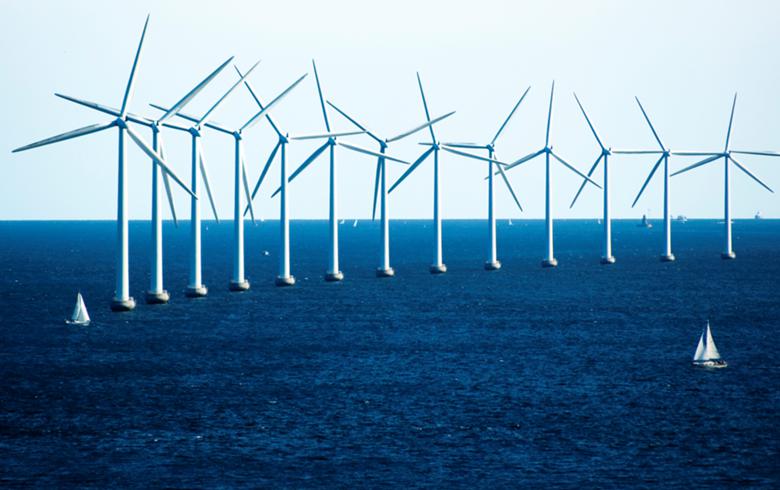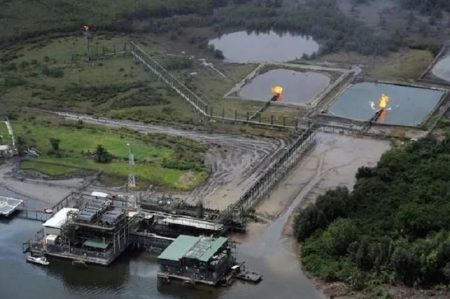
12 September 2013, Abuja – Nigerians should not expect improved power supply any time soon, the Director-General, Bureau of Public Enterprises, BPE, Benjamin Ezra Dikki, has said.
Dikki, who spoke Wednesday at a Breakfast Meeting of the Lagos Business School, said although the successor companies of the Power Holding Company of Nigeria, PHCN, would be handed over to their new owners as from October 1, the development would not bring about immediate changes.
While appealing to Nigerians for understanding, he said investments in the sector would take time to achieve results and that construction of new generation capacity would take two-five years to achieve most of the results envisaged.
He however stressed that with the power sector in private hands, Nigeria would benefit from increased power supply and a boost in agricultural and industrial development among other positive developments.
He called for strong incentives and support from the government to encourage further private sector investments in gas to boost power supply in the country.
In a statement Wednesday by BPE Head of Public Communications, Chigbo Anichebe, Dikki explained that the bulk of electricity generated in the country was through gas-fired plants, but regretted that at present, the country does not have the capacity to supply enough gas to support the envisaged increased capacity now that the private sector is about to take over power generation and distribution in the country.
In a paper, entitled: ‘Power Privatisation: Objectives, Current Status, Prospects & Challenges, Dikki who was represented by the Acting Director, Electric Power, Ibrahim Babagana, said Nigeria was blessed with the largest reserves of natural gas in the world, but stressed that necessary investments were needed to access the gas to produce power.
He noted that there was paucity of skilled manpower in the sector, saying the inheritance of an aged and unmotivated work force and the absence of a clear strategy by the new owners to manage the movement from state-run to privately managed entity, could pose a challenge.
He said at the onset of the democratically elected government in 1999, the Nigerian Electricity Power Sector had reached the lowest point in the history of the country, explaining that “ of the 79 generation units in the country, only 19 were operational, while average daily generation was 1,750 megawatts.
He said no new electric power infrastructure was built between 1990-1999, the newest plant was completed in 1990 and the last transmission line was built in 1987, adding that an estimated 90 million people were without access to grid electricity and accurate and reliable estimates of industry losses were unavailable, but these were believed to be in excess of 50 per cent”, he said.
– The Nation



